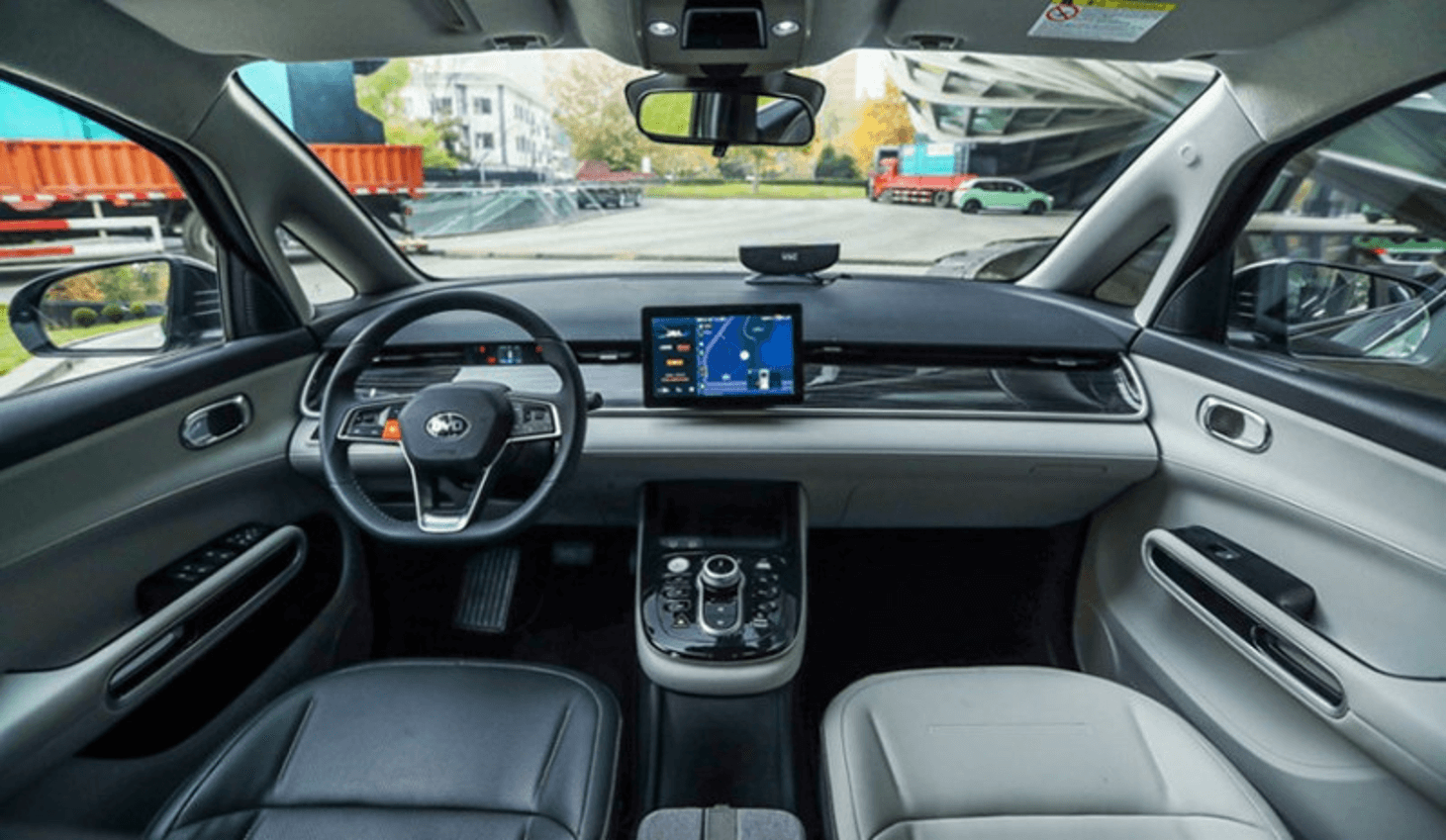
New-age Electric Multi-Purpose Vehicles for ride-hailing and ridesharing industry
The automobile industry is experiencing some of the major changes as the future of mobility is electric, connected, shared, and autonomous. Many companies are exploring options to see how they can bundle all these major trends. As a result, some automakers have developed special vehicles for ride-hailing or ride-sharing services. Some of these players are launching their own booking apps or collaborating with other market leaders such as Uber, Didi, and others. There have been a number of vehicles introduced to cater to these segments, including two in the last six months.
The comparison of specialized vehicles for ride-hailing and ridesharing is as follows:
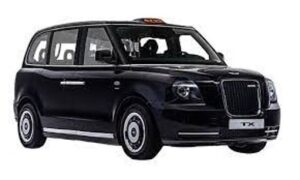 |
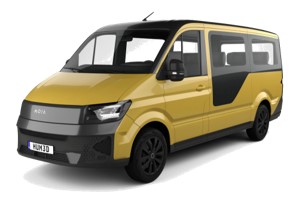 |
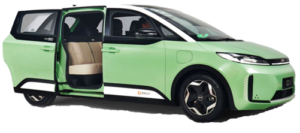 |
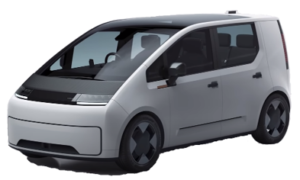 |
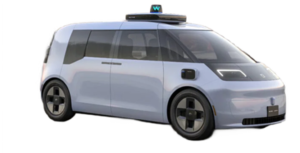 |
|
| LEVC TX | MOIA Shuttle 2022 | BYD-DiDi | Arrival Electric Car | Waymo Car | |
| Launch / Production | 2018 | 2019 | 2020 | 2023 | 2024* |
| Motor | Electric (110 kW) | Electric | Electric (100 kW) | Electric | Electric |
| Battery | 31 kW | – | 70 kW | – | – |
| Charging | CHAdeMO and CCS Combo | – | – | – | – |
| Mileage (miles) | 377 miles | 180 miles | 261 miles | – | – |
| Seating | 05 | 06 | 05 | 05 | 06 |
| Accessibility | Yes | No | No | No | Yes |
| Region | Europe | Europe | China | North America | North America |
| Platform | Door2Door, Via etc. | MOIA | Didi Global | Uber | Waymo |
| Autonomous | No | No | Yes (L2) | NA | Yes |
| Video | – | Link | Link | Link | – |

LEVC (London EV Company), a subsidiary of Geely China, is the manufacturer of London’s iconic taxi hackney vehicle. LEVC TX is a plug-in hybrid range-extender electric vehicle with a pure electric range of over 62 miles and a range extension of 254 miles (source: company data). The company began production in 2018 and has sold over 5,500 vehicles as of November 2021, with plans to expand into other European markets. The vehicle is intended for the taxi market and includes many features such as Wifi connectivity, wheelchair accessibility, and so on.

MOIA, a Volkswagen Group subsidiary, was founded in 2016 and launched its specialized vehicles in 2019 along with a ride-hailing service. Currently, the company provides a completely electric ridesharing system in two German cities: Hanover and Hamburg. Users can book a seat via a mobile app and book a seat to reach their destination. Currently, the vehicle is not for sale in the open market and is only used by MOIA to provide ridesharing services. MOIA has teamed up with VW Nutzfahrzeuge and Argo AI to provide autonomous driving ridesharing services in Europe.

In 2019, BYD and Didi Chuxing formed a joint venture, Meihao Chuxing (Hangzhou) Automobile Technology Co., Ltd., with 65 percent and 35 percent ownership, respectively. The new entity’s mission was to develop the BYD D1, the world’s first custom-built, all-electric car for ride-hailing. The vehicles will include a variety of features to support ride-hailing services, such as an L2 Assisted Driving system, a fleet management system, and real-time energy management. Meihao Chuxing will supply vehicles to Didi as well as other Chinese operators.

Arrival is the latest entrant to launch special electric vehicles for ride-hailing service. The company partnered with Uber in May 2021 and unveiled the concept car in December 2021. Arrival Car is expected to go into production in the third quarter of 2023. The company did not share the technical specifications of the vehicles. However, Arrival electric van will have a 130 kWh battery pack with a range of 100 miles. It is expected that Arrival Car will have a better range to allow ride-hailing drivers to complete their daily run.

Waymo, an Alphabet subsidiary, has been testing self-driving vehicle technology since 2009. The company has collaborated with Geely China to integrate its self-driving technology (Waymo Driver) into an all-electric Zeekr vehicle designed specifically for autonomous ride-hailing service. The vehicle will have a flat floor and a low step-in height and will be powered by a “open-source mobility architecture.” Waymo also debuted Waymo One, an autonomous ride-hailing service, in Phoenix (2020) and San Francisco (2021).


